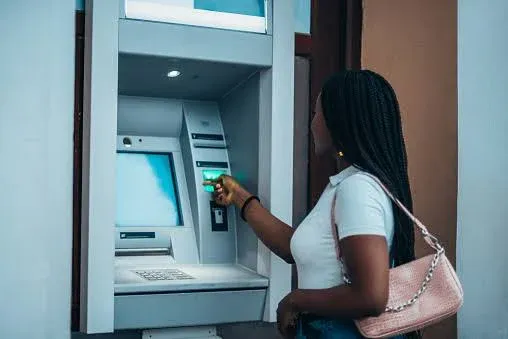Following the implementation of the newly introduced N100 ATM withdrawal charge for transactions above N20,000, many banks across the country have begun loading their automated teller machines (ATMs) with more cash to meet the increasing demand from customers.
The policy, which took effect at the beginning of March, is part of efforts by the Central Bank of Nigeria (CBN) to regulate banking charges and encourage the use of electronic transactions. Under the new directive, customers withdrawing above N20,000 from ATMs will be charged N100 per transaction, a move that has sparked mixed reactions from the public.
A visit to several bank branches in Lagos, Abuja, and Port Harcourt revealed that most ATMs, which had previously been running out of cash due to high demand, were now stocked with funds. Many customers, however, expressed dissatisfaction with the new withdrawal fee, arguing that it adds an extra financial burden amid the rising cost of living in the country.
Some banking experts have defended the policy, stating that it aligns with global best practices and is intended to encourage Nigerians to embrace cashless transactions. However, critics argue that the move may discourage cash withdrawals but could lead to increased banking costs for individuals who rely on ATMs for daily transactions.
The CBN has urged Nigerians to adopt alternative payment methods, such as mobile banking and point-of-sale (POS) terminals, to reduce their reliance on cash withdrawals. Meanwhile, many Nigerians remain skeptical, calling on the government to revisit the policy and ensure that banking charges do not become excessive.


